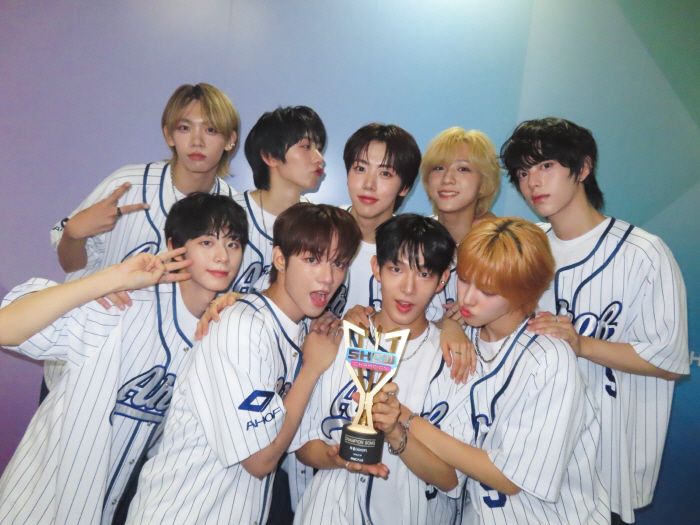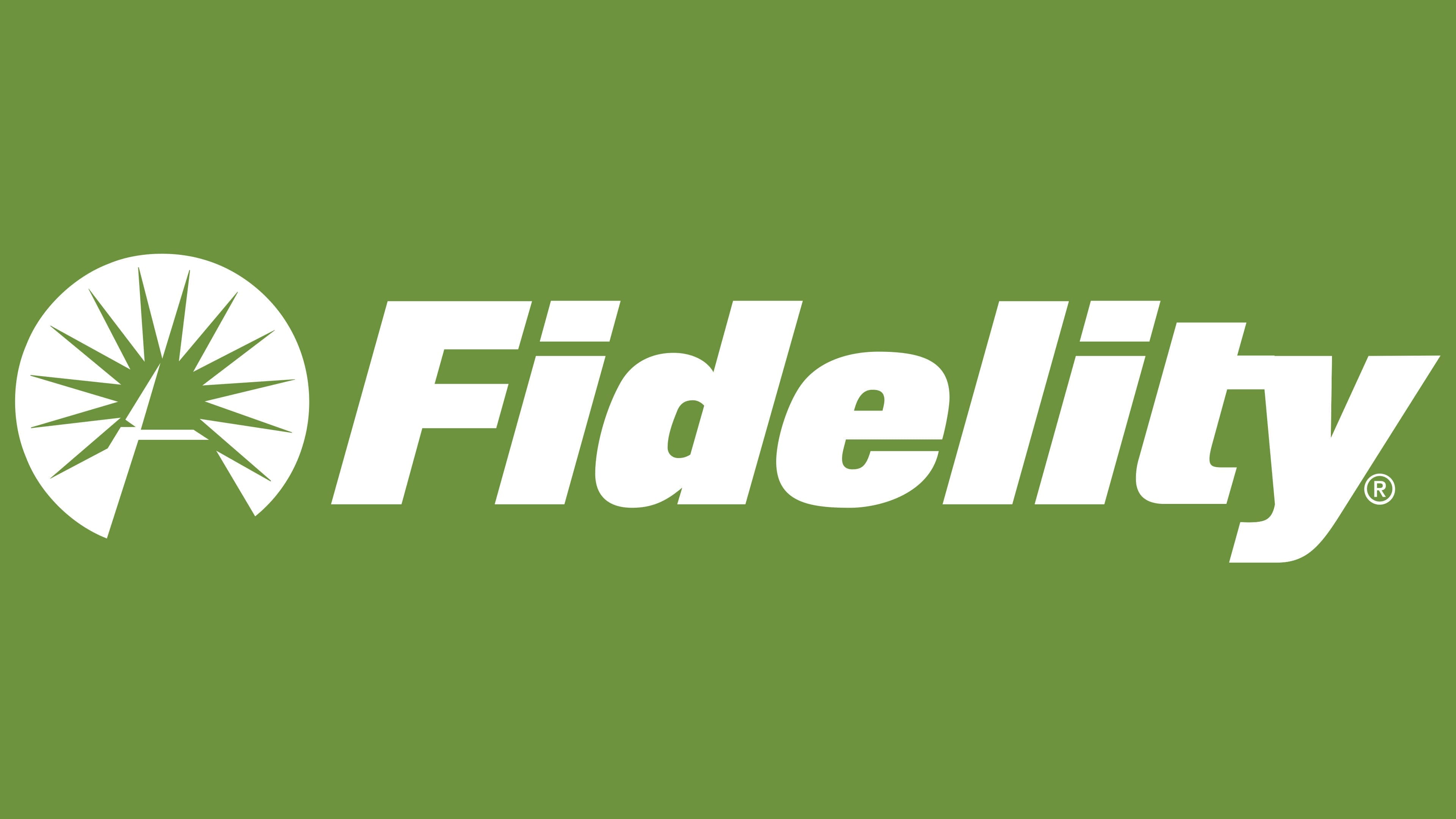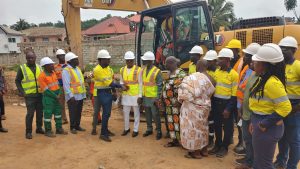Afrobeats has become a global sensation, no longer just a regional music style. It has evolved into one of Africa's most significant cultural exports, with albums available on Spotify and Apple Music that fill playlists and sell out venues across Europe and the United States. Nevertheless, several prominent Nigerian artists laid the foundation long before stars such as Burna Boy, Wizkid, and Davido took the world by storm.
These pioneers established a unique musical style that has evolved into what is currently referred to as Afrobeats by blending modern sounds with traditional African rhythms. This article explores the prominent Nigerian artists whose innovations, challenges, and creative excellence contributed to Afrobeats becoming a global sensation.
1. Fela Anikulapo Kuti - The Originator of Afrobeat
It is impossible to start a conversation about Afrobeats without referencing Fela Kuti. While Fela's original Afrobeat style differs from Afrobeats (with an 's'), the link between them is undeniable. Fela merged jazz, funk, highlife, and traditional Yoruba rhythms to develop Afrobeat in the late 1960s. Moreover, he initiated a movement beyond just creating music.
Pulsating beats and sharp political critique were featured in his tracks like "Zombie"Water No Get Enemyand "Sorrow Tears and Blood." The lyrical courage, instrumental compositions, and sense of cultural pride found in modern Afrobeats are all evident examples of Felas' impact.
Today's musicians openly recognize Fela as a key influence, especially Burna Boy. Fela set the benchmark for future artists through his focus on African identity, self-expression, and addressing colonial histories. International artists such as Beyoncé, J, and Cole incorporate and reference his enduring music.
2. King Sunny Adé - The Master of Juju
King Sunny Adé has played a vital role in promoting Nigerian music on a global scale, even though his work isn't officially categorized as Afrobeats. Undoubtedly the monarch of Juju music, he developed a sound that is both accessible and uniquely Nigerian by combining guitars, synthesizers, and modern instruments with traditional Yoruba drumming.
He achieved recognition in international markets during the 1980s, performing on stages across the globe and earning a Grammy nomination—a rare feat for African artists at the time.
His impeccable stage performance, skilled guitar work, and authentic cultural background have influenced the professionalism and ambitions of current Afrobeats artists. African music, as showcased by King Sunny Adé, proved to be deeply rooted in tradition while also achieving global commercial success.
3. Ebenezer Obey - The Thinker Armed with a Guitar
Nigerian music was brought stories by Ebenezer Obey, a renowned figure in Juju music. His lyrics, often wrapped in appealing guitar melodies and rhythmic beats, regularly included social observations, moral teachings, and deep thoughts. Due to Obey's musical contributions, artists now perceive music as a tool for education and societal transformation, not just as a form of amusement.
His calm but engaging performance paved the way for artists who use music to explore issues such as poverty, corruption, and perseverance—themes that are common in numerous modern Afrobeats tracks.
4. Sir Victor Uwaifo - The Musical Prodigy with the Guitar
Renowned for his highlife songs such as "JoromiSir Victor Uwaifo merged contemporary musical equipment with his Edo traditions. Uwaifo, the first Nigerian artist to receive a gold record, is famous for his creative use of the electric guitar and lively stage shows.
Afrobeats artists were later encouraged to explore native sounds and local languages due to his innovation and uniqueness. His ability to blend pop elements with traditional myths showed future generations how to spread African storytelling more broadly.
5. Onyeka Onwenu - The Graceful Horse
Among the rare female artists who managed to thrive in the male-dominated Nigerian music industry during the 1980s and 1990s was Onyeka Onwenu, also referred to as The Elegant Stallion.
Her music addressed themes such as nationalism, love, and women's rights. She created a style that was both aware and marketable by combining pop, highlife, and Igbo traditional music. Her well-known songs include "One Love" and "Iyogogomirrored the values that contemporary Afrobeats musicians often promote: unity and cultural heritage.
Today's stars such as Tiwa Savage, Tems, and Ayra Starr owe their success to her example, proving that female artists could achieve both commercial success and cultural significance.
6. Majek Fashek - The Rainmaker
By combining reggae with African rhythms and messages of spiritual freedom, Majek Fashek brought the genre into the Nigerian mainstream. His 1988 hit "Send Down the Rain" is still considered one of Nigeria's most renowned songs. He had broad popularity and incorporated elements of rock, soul, and reggae into African music. Future Afrobeats artists who aimed to convey African stories in a global context found motivation in Majek's activism and international outlook.
His performance on MTV and other global stages showed that Nigerian artists could reach the world while maintaining their core message.
7. Daddy Showkey - The Ghetto Soldier
Through Galala, a dance and music style that began in the streets of Ajegunle, LagosDaddy Showkeybrought the experience of the ghetto into Nigerian popular culture during the late 1990s and early 2000s. Although it was a time of change, it raised the profile of street culture and regional music. Success didn't necessarily have to originate from elite backgrounds, as shown by artists such as Showkey.
Influential artists such as Olamide, Zlatan, and others who later became prominent in street-pop enriched the variety of Afrobeats, with their music highlighting the struggles and energy of everyday Nigerians.
8. 2Baba (previously 2Face Idibia) - The Pop Prophet
Maybe the connection between today's Afrobeats scene and Nigeria's older musicians was 2Baba. His 2004 single, African Queen, sparked a cultural shift. Nigerian pop music received global attention because of this track, which also marked a move towards the appealing romantic style that defines much of Afrobeats nowadays.
Once part of Plantashun Boiz, 2Baba introduced a sense of purity and genuine emotion to African rhythms, reggae, and R&B. His widespread appeal among the diaspora and across Africa proved that Nigerian pop music had global market potential. He became a role model for a new wave of Afrobeats musicians who saw commercial music as both an artistic expression and a viable business.
9. D'banj - The Performer Who Brought Africa to the Global Stage
In the mid-2000s, Dbanj and producer Don Jazzy revolutionized the Nigerian music scene. Hits such as "Oliver Twist", Why Me" and "Tongolo" were issued by their label MoHits Records and entered the UK charts.
Dbanj played a key role in shaping the Afrobeats pop culture identity through his charm, performance style, and international outlook. He joined Kanye West's G, which provided new opportunities. Okay. Oh. D Music and collaborated with Big Sean and Snoop Dogg. He showed Afrobeats artists that the global stage was not only accessible but also attainable. His bold branding and marketing approach have since been copied by Davido and Wizkid.
10. P-Square - The Musical Pair That Transformed African R&B
The African pop music scene was transformed by the duo Peter and Paul Okoye, widely recognized as P-Square. They gained widespread popularity across the continent due to their lively performances, memorable tracks, and stylish dance routines. Songs like "Do Me," "Personally," and "No One Like You" played a key role in shaping the rhythmic, danceable, and widely loved sound that became known as Afrobeats. Nigerian music received global attention thanks to P-Square's commercial achievements, worldwide tours, and collaborations (including with artists like Akon and Rick Ross).
Conclusion: The Giants Whose Shoulders Uphold Afrobeats
Afrobeats didn't emerge suddenly. It is the outcome of many years of creativity, resistance, happiness, and persistent innovation. Current global artists are inspired by the musical narratives and self-assurance developed by the aforementioned pioneers.
They merged contemporary styles with traditional rhythms, performed in their native languages, and had the courage to envision beyond Africa's borders. From Fela's rebellion to 2Baba's soulful sound, influenced by Sunny Adé's global outlook, and Dbanj's entertainment style, these trailblazers paved the way for today's Afrobeats musicians. The legacies of these musical icons remain vital and significant as Afrobeats gains worldwide popularity. Besides producing music, they also made history.
Published by Daily News.Tagged: Nigeria, Music, West Africa, Arts, Culture and Entertainment
















